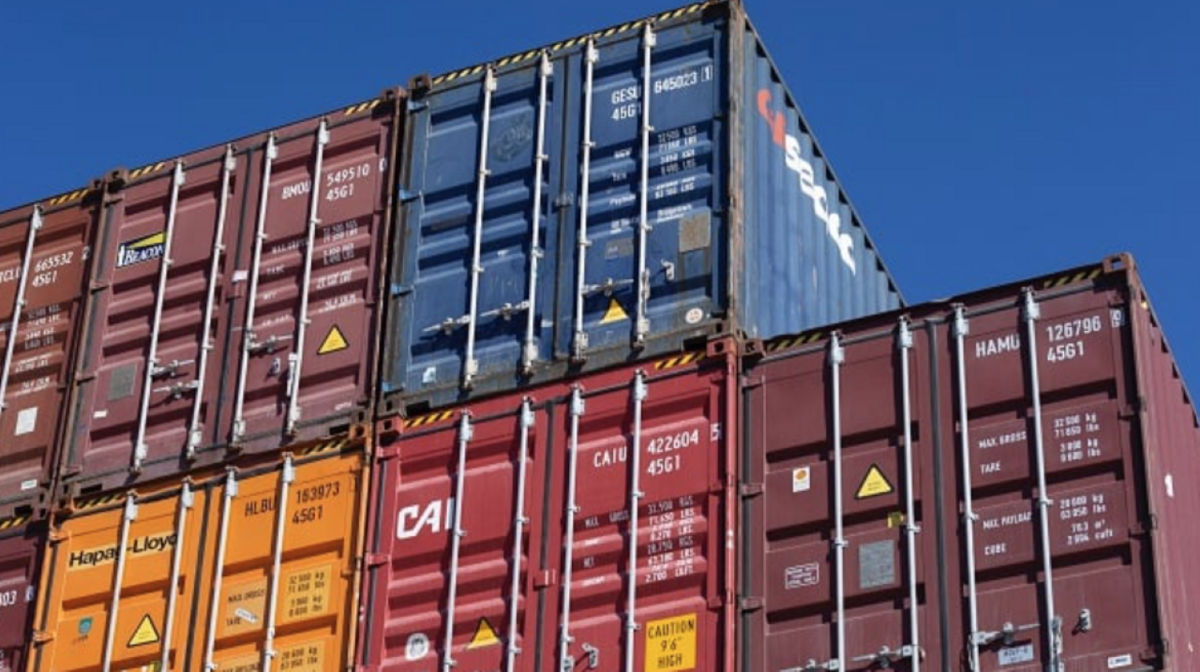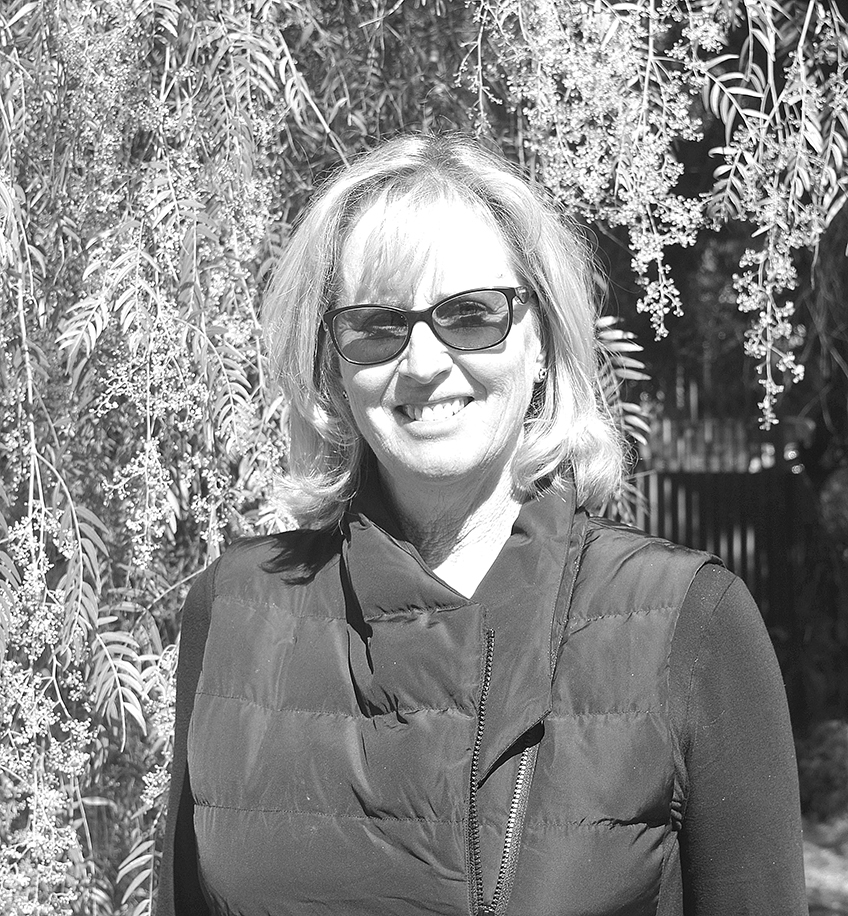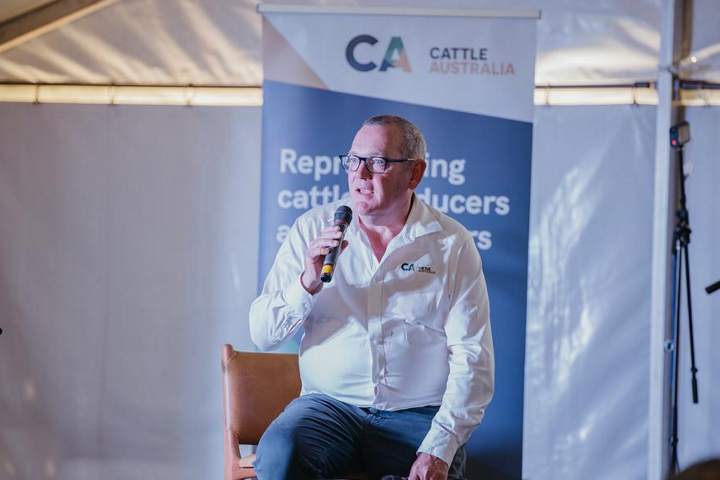Relief as "double tax" for farmers is scrapped
Kristin Murdock
20 February 2025, 8:20 PM
 Shipping containers are a biosecurity risk, according to those in the farming industry
Shipping containers are a biosecurity risk, according to those in the farming industryThe quashing of Labor’s proposed biosecurity tax has brought widespread relief to our agricultural industry.
The proposed new levy was to be imposed on Australian farmers, and the money obtained used to protect against biosecurity risks.
“In what parallel universe would a government charge its own farmers to pay for the biosecurity risks their competitors are creating?” Leader of The Nationals David Littleproud said.
“Labor’s fresh food tax would have hurt families at the checkout as well as 84 agricultural commodities, which faced taxes to raise $150 million over three years, to pay for the risks created by their competitors, which is those importing from overseas,” Mr Littleproud said.
Jenny Bradley is a sheep farmer from Armatree and on the board of Tooraweenah Livestock Producers and the Sheep Producers Australia Policy Council.
She has been keeping an eye on the progress of the biosecurity tax, and said many farmers may not have even been aware of it, or the financial implications.
“Probably a lot of producers wouldn't have even realised that it was actually happening,” she said.
“But all the ag peak bodies and advocacy groups have been really against this proposed biosecurity tax, simply because it's a double tax on producers.
“Australian farmers are not the creators of the biosecurity risks, it's importers and tourists that are the issue."

Armatree sheep producer Jenny Bradley. IMAGE: COONAMBLE TIMES
"Basically, they're the two biggest sectors that can introduce a biosecurity incursion into our industries.
"It's frightening that the shopping containers products are imported in have no biosecurity cleansing or protocols when they reused."
“Risk of incursions of major diseases, insects and foreign material increases daily.
"It’s not about Australian farmers, but what is coming into the country from overseas.
“Bottom line is, we pay enough tax as it is so look further afield, tax the people who are creators of that risk.
"Hopefully, it looks as though common sense has prevailed, which is a nice change."

Cattle Australia (CA) Chief Executive Officer, Dr Chris Parker, is one of many agricultural industry identities celebrating over the scrapping of the biodiversity tax.
Industry relieved about tax backflip
National Farmers’ Federation President David Jochinke welcomed the decision and thanked the Minister for Agriculture, Julie Collins, for listening to farmers’ concerns.
“This is a huge win for farmers.
"The Minister and the Senate have listened – this tax was deeply flawed and unfair to farmers.
"We appreciate the Minister’s ongoing commitment to ensuring the sustainability of our biosecurity system.
“I also tip my hat to our members, industry stakeholders and the thousands of farmers who voiced their concerns about this tax.
“Together we put up a fierce fight and we are relieved to close the book on this idea.
“The agricultural sector was united in its opposition to this tax, and we are just as united in our commitment to protecting our country’s biosecurity.
“Farmers already contribute significantly to the system, and we look forward to working with the Government on policy that strengthens our defence against pests and diseases without adding extra costs on farmers.”
Senator the Hon Bridget McKenzie moved the motion and said The Nationals have delivered an embarrassing defeat to the Government on the floor of the Senate, removing a tax Labor should never have proposed.
“Not only would this tax have driven up the price of fresh food, with farmers forced to pass on costs, it would have also undermined the entire levy system, causing chaos and confusion across industry,” Senator McKenzie said.
Cattle Australia (CA) Chief Executive Officer, Dr Chris Parker, congratulated Agriculture Minister Julie Collins on binning the ill-conceived law.
“Finally, the Government has recognised its proposed levy system would have resulted in inequitable imposts on farm industries through a clunky collection mechanism that lacked transparency,” Dr Parker said.
“The Australian beef industry exports more than 70 per cent of its production and this is contingent on our disease-free statuses, so biosecurity is of paramount importance to grass-fed beef producers.
“CA fully supports increased Government investment in biosecurity and with the Federal election due in coming months, we encourage both parties to release their policies for a workable and sustainable funding model that provides biosecurity agencies with the resources they need to protect our industries."



